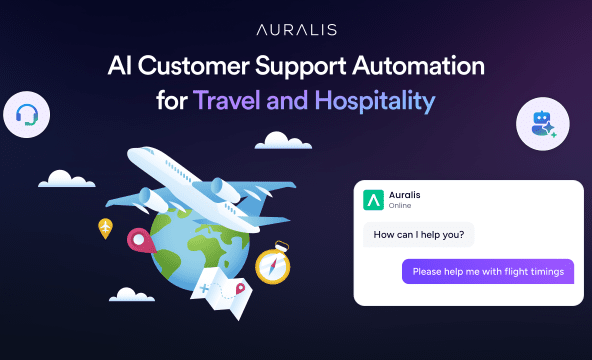Predictive Analytics in Travel
Predictive analytics in travel refers to the use of data, statistical algorithms, and machine learning techniques to forecast future trends and behaviors in the travel industry. By analyzing historical data, businesses in travel can make informed predictions about customer preferences, demand patterns, pricing, and operational needs, enabling them to optimize their services and offerings.
In the travel industry, predictive analytics can be applied in several areas. For airlines, it can predict flight demand based on seasonality, historical booking patterns, and external factors like weather or holidays, allowing airlines to adjust pricing and seat allocation accordingly. For hotels and accommodation providers, predictive models can forecast occupancy rates, helping them adjust room pricing, offer promotions, and manage inventory more effectively.
Travel agencies and tour operators can also benefit from predictive analytics by using it to understand customer preferences and tailor travel packages to individual tastes. By analyzing past booking behaviors, preferences, and travel history, businesses can recommend personalized travel options, improving customer satisfaction and increasing the likelihood of repeat bookings.
Predictive analytics also plays a crucial role in optimizing operational efficiency. By forecasting demand, businesses can manage staffing levels, predict potential disruptions, and optimize fleet management in areas like transportation or cruise lines. This proactive approach helps minimize costs, reduce delays, and provide a seamless customer experience.
In addition, predictive analytics in travel can also help with customer experience by anticipating traveler needs. For example, it can predict when a traveler might need assistance, such as in the case of a flight delay or booking change, allowing companies to proactively reach out and offer solutions before the customer even asks.
Overall, predictive analytics in travel helps businesses become more customer-centric, agile, and efficient, driving both operational success and customer loyalty. It allows travel businesses to stay competitive in an increasingly dynamic and data-driven industry.

- Articles
-
 Amy
Amy
- 9 min read
